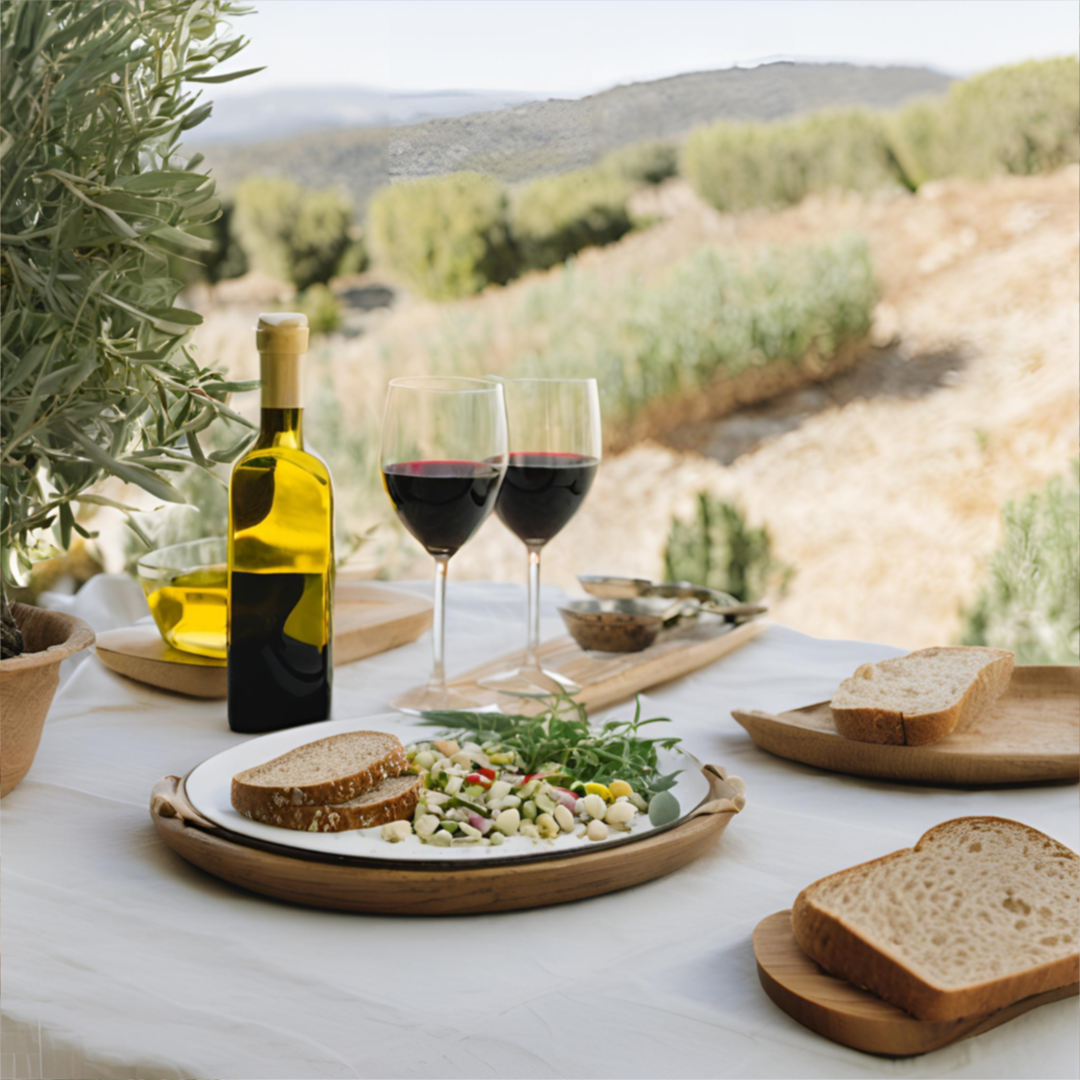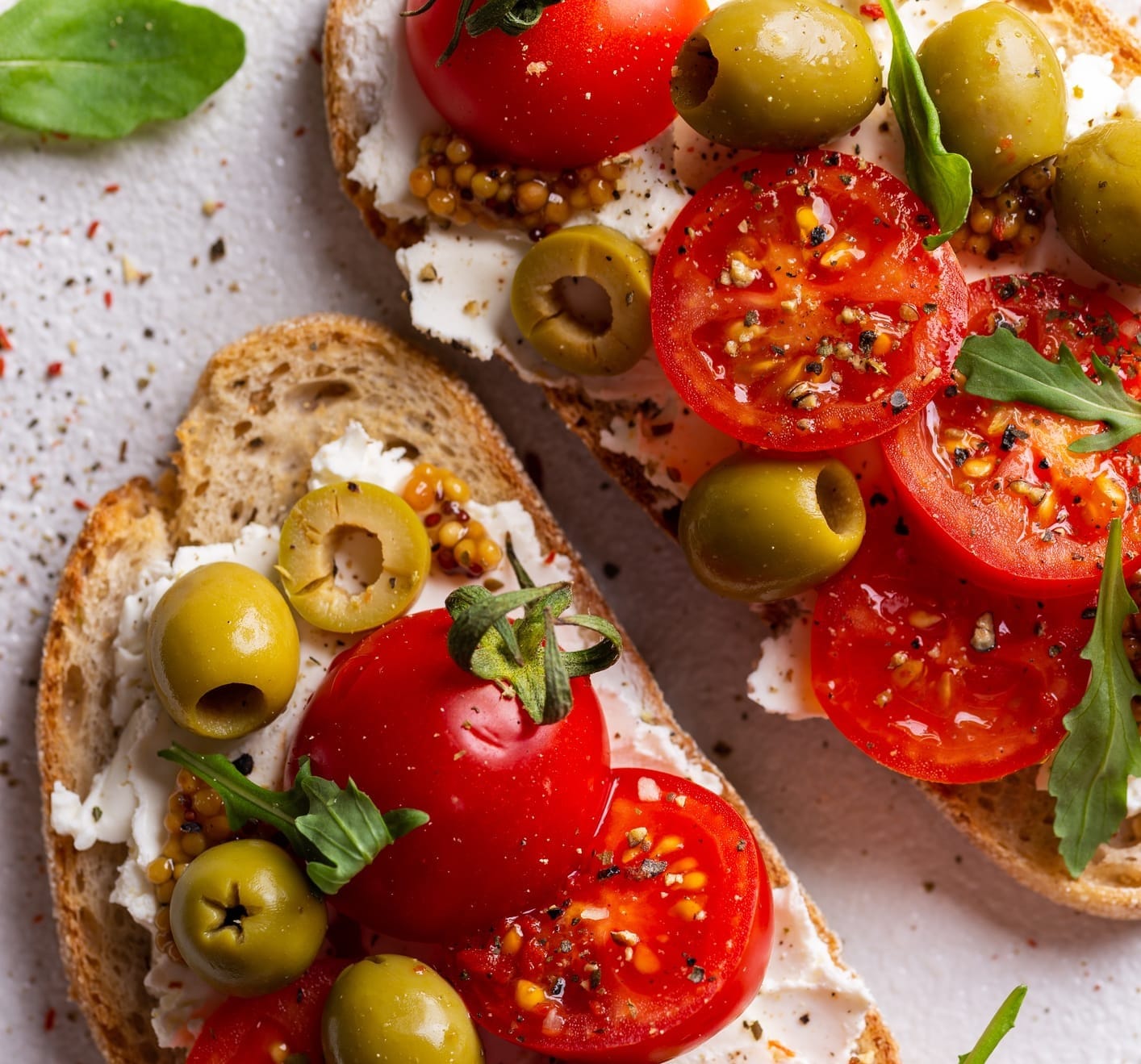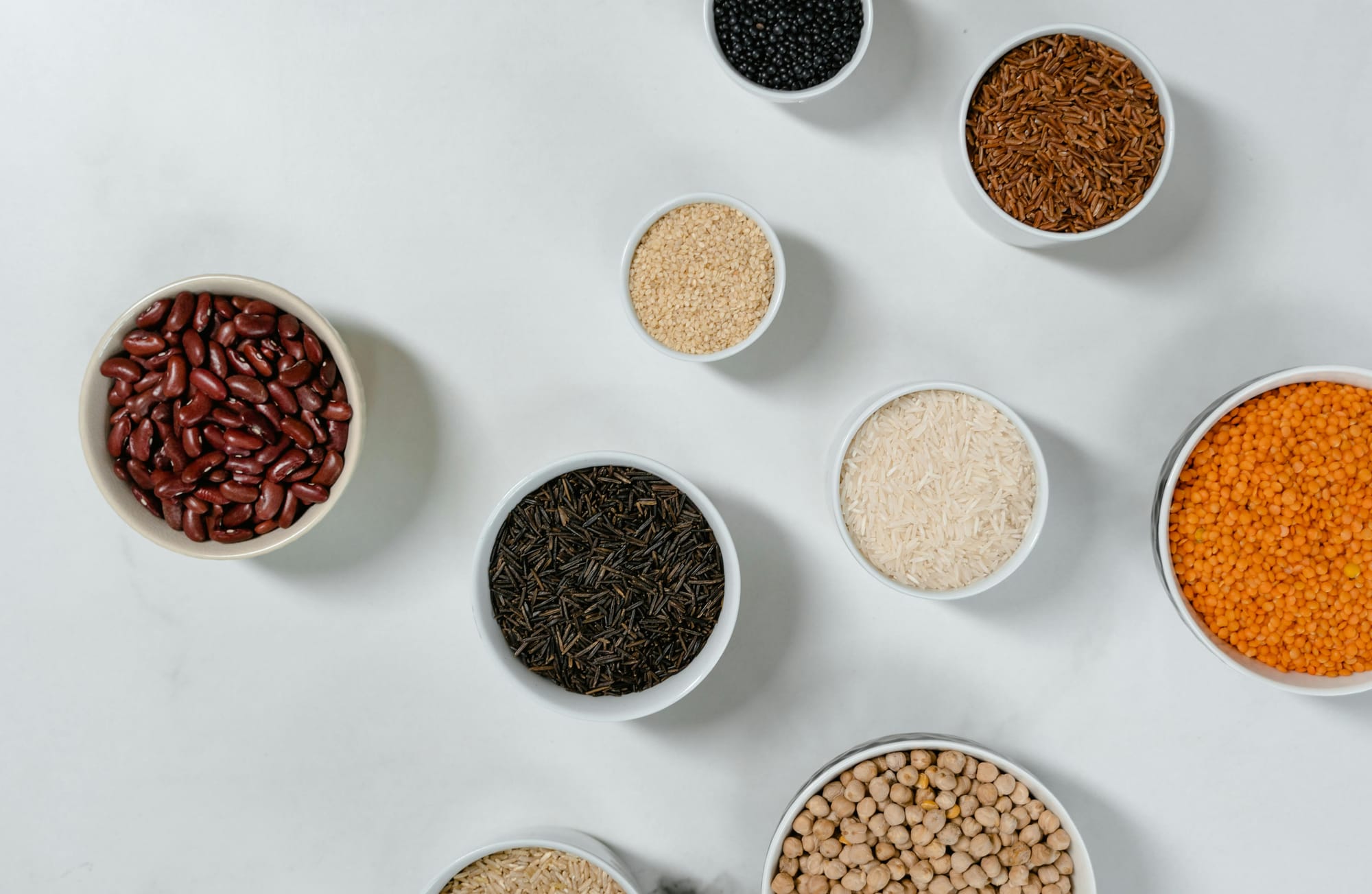Healthy Mediterranean Diet: 23 Foods to eat daily

The Mediterranean diet is loved for its focus on fresh, simple ingredients, healthy fats, and unprocessed foods. It’s a way of eating that feels natural and satisfying. These 23 foods are not only delicious but also versatile enough to be part of your daily meals.
Why the Mediterranean Diet is So Healthy
The Mediterranean diet is often considered one of the healthiest in the world, and for good reason. It focuses on fresh, natural ingredients like fruits, vegetables, whole grains, and healthy fats, particularly from olive oil, nuts, and fish. These foods are rich in essential nutrients, antioxidants, and anti-inflammatory properties that support heart health, brain function, and overall well-being.

1. Olive Oil
Olive oil is the cornerstone of the Mediterranean diet, celebrated for its monounsaturated fats. Packed with antioxidants like polyphenols, it protects against cell damage. Indispensable in Mediterranean cuisine, it’s drizzled over fresh salads, roasted vegetables, and bread, or used as a base for marinades and dressings.

2. Cucumbers
Cucumbers are hydrating, low in calories, and rich in vitamin K, making them a refreshing and healthy addition to meals. Sliced cucumbers are a must in Mediterranean salads, like the classic Greek salad, or served as a cooling accompaniment to dips such as tzatziki.
3. Fresh Tomatoes
Rich in vitamin C and lycopene, a powerful antioxidant, tomatoes are a staple of Mediterranean cooking. They add freshness and flavor to salads, sauces, and iconic dishes like ratatouille and shakshuka, embodying the vibrant colors and health benefits of the diet.

7. Onions
Rich in antioxidants and compounds that support immunity, onions are a versatile ingredient. They’re essential in soups, stews, and sauces, and also enjoyed raw in salads and sandwiches for a sharp flavor contrast.
8. Fresh Herbs
Fresh herbs like Basil, Parsley, Oregano or Thyme are at the heart of Mediterranean cooking, adding both flavor and nutrients. Whether it’s basil in pesto, parsley sprinkled over salads, oregano in marinades, or thyme in roasted dishes, these herbs elevate every recipe.
4. Eggplant
Eggplant is a fiber-rich vegetable containing important antioxidants. It’s often roasted, grilled, or baked in Mediterranean dishes like moussaka, caponata, or baba ghanoush, offering a deliciously smoky and versatile ingredient.

5. Zucchini
Low in calories and high in nutrients like vitamin A, zucchini is a favorite in Mediterranean kitchens. It’s sautéed, grilled, or baked, frequently appearing in soups, stews, and traditional dishes like ratatouille or zucchini fritters.

6. Garlic
Known for its antimicrobial and heart-health benefits, garlic is a flavor powerhouse in Mediterranean cuisine. It serves as a base for countless dishes, from pasta sauces to roasted vegetables and dips like aioli or hummus.
9. Lemons
Lemons are a vitamin C-rich staple in Mediterranean cuisine, enhancing both flavor and digestion. They’re squeezed over seafood, roasted vegetables, and salads, or used in dressings, marinades, and desserts like lemon tart.
10. Chickpeas
Chickpeas are a Mediterranean diet favorite, providing protein, fiber, and iron. They’re the base for hummus, added to stews and salads, or roasted for a crunchy, nutritious snack.

11. Lentils
Lentils are packed with protein, fiber, and B vitamins, making them a nutritious and versatile ingredient. They’re commonly found in soups, hearty salads, or classic dishes like mujaddara, a mix of lentils, rice, and caramelized onions.
12. Olives
Olives, rich in healthy fats and antioxidants, are a signature of Mediterranean flavors. They’re enjoyed as a snack, tossed into salads, or blended into spreads like tapenade.
13. Whole-Grain Bread & Pasta
Whole grains provide fiber and sustained energy, making them healthier than refined white bread and pasta, which lack the nutrients and fiber removed during processing. Bread can be paired with olive oil or used for dipping, while whole-grain pasta features in light and fresh dishes like pasta primavera.
14. Farro
Farro is an ancient grain rich in fiber, protein, and minerals like magnesium. It’s often used in Mediterranean grain salads, soups, or as a side dish to complement vegetables or seafood.

15. Brown Rice
Brown rice retains its nutrient-dense bran and germ, providing antioxidants, B vitamins, and fiber, unlike white rice, which has had these layers removed during processing. It serves as a base for Mediterranean grain bowls, pilafs, or stuffed vegetables like bell peppers.
16. Fresh Spinach
Spinach is a nutrient bomb, rich in iron, calcium, and antioxidants. It’s a key ingredient in savory pies like spanakopita, fresh salads, and simple sautéed dishes.
17. Bell Peppers
Bright and colorful, bell peppers are full of vitamin C and antioxidants. They can be roasted for salads, stuffed with grains or meats, or enjoyed raw as a crunchy snack or salad addition.

18. Arugula
Arugula, with its peppery flavor, is a favorite leafy green high in vitamin K. It’s often used in fresh salads, as a topping for pizza, or to add a sharp contrast to pastas and grain bowls.
19. Almonds
Almonds are a nutrient-dense snack packed with healthy fats and magnesium. In Mediterranean cuisine, they’re sprinkled over salads, used in desserts like almond biscotti, or enjoyed as a simple snack.
21. Fish
Fatty fish like salmon, mackerel, and sardines are rich in omega-3s, supporting cardiovascular health. Fish is grilled, baked, or added to soups and stews, making it a Mediterranean diet essential.

20. Walnuts
Walnuts are an excellent source of omega-3 fatty acids, which promote heart and brain health. They’re added to salads, used in baking, or simply eaten on their own as part of a balanced diet.
22. Greek Yogurt
Greek yogurt is high in protein and probiotics, which support gut health. It’s eaten with fresh fruit and honey for breakfast, used as a base for dips like tzatziki, or even added to desserts.
23. Ricotta Cheese
Ricotta is a light cheese, lower in fat than many alternatives, and rich in whey protein. It’s used in stuffed pastas, spread on bread, or paired with fruit and honey for a simple, healthy dessert.

Final Word
By incorporating these 10 foods into your daily meals, you’re not only nourishing your body but also embracing a way of life that promotes health and well-being. Start small, swap processed ingredients for fresh ones, and let the flavors of fresh mediterranean herbs inspire you.
